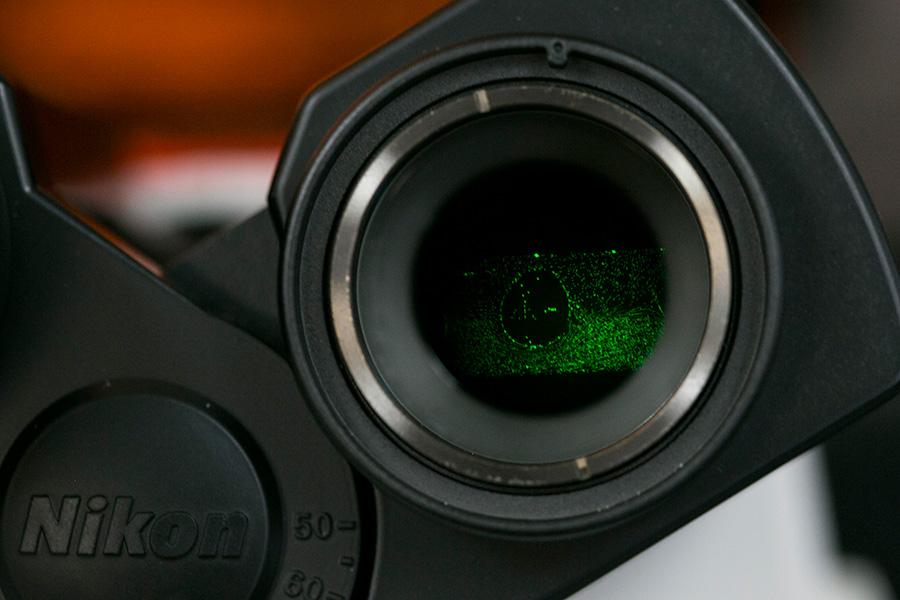Mechanical Engineering

Mechanical Engineering (BS, MS, PhD)
Mechanical engineering is a rich and versatile profession that is concerned with inventing, designing, analyzing, controlling, testing, manufacturing, and marketing components and systems. Mechanical engineering plays a crucial role in conventional industries as well as emerging technologies. Current and future achievements in aerospace, defense, and energy, as well as the promise of advanced materials, high-technology manufacturing, and health-related instrumentation and mechanisms, are driven by the creativity and talent of mechanical engineers. Mechanical engineers use their technical insight, physical intuition, and human experience to produce economical, efficient, and environmentally sound devices. They also study biological and other natural systems both to exploit their hidden lessons and to protect their well-being.
Music Engineering (minor)
The Music Engineering minor program includes courses in music theory and composition, music technology, acoustic and electronic instrument design, music recording and production, analog and digital electronics, computer programming, fluid mechanics, acoustics, vibration, automation, materials engineering, and sound sculpture.
Engineering Education (minor)
The Engineering Education minor not only provides students with field experience through the Center for Engineering Education and Outreach (CEEO) Student Teacher Mentorship Program (STOMP), but also provides an educational foundation that will help them in their classroom visits, and influence their work.
Human Factors Engineering (BS, MS)
Human Factors Engineering is an interdisciplinary field of study that is concerned with the interaction between humans and their environment, be it with technology or social structure, at work or at play. The goal of the human factors engineer and engineering psychologist is to understand the capabilities and limitations of human performance and to design safe and productive work, matching the functionality of the technology to the task requirements and human capabilities.
The master's program in Human Factors Engineering offers specialized courses, training, and research opportunities in the human-centered aspects of engineering activities such as: medical devices and systems design, product design, computer-interface design, ergonomics, and workplace safety.
Human Factors (minor)
A minor in Human Factors Engineering is an interdisciplinary program, which allows both engineering students and liberal arts students (except Psychology and Engineering Psychology majors) to gain some insight into the area of Human Factors and Ergonomics. The focus of the minor is on the inter-relationship between human and technology, from a human-centered perspective.
Bioengineering - Biomechanical Systems and Devices (MS)
The Biomechanical Systems and Devices track of the Bioengineering MS program investigates the application of technology to human biological systems. Areas of study include the mechanics of hard and soft tissues, human biomechanics, dynamics of human-machine interaction, and the design of assistive technology and medical devices. Students develop a foundation with core courses in thermal-fluid processes, mechanics and materials, or dynamic/robotic systems, and specialize in a particular area of study through the appropriate selection of elective courses.